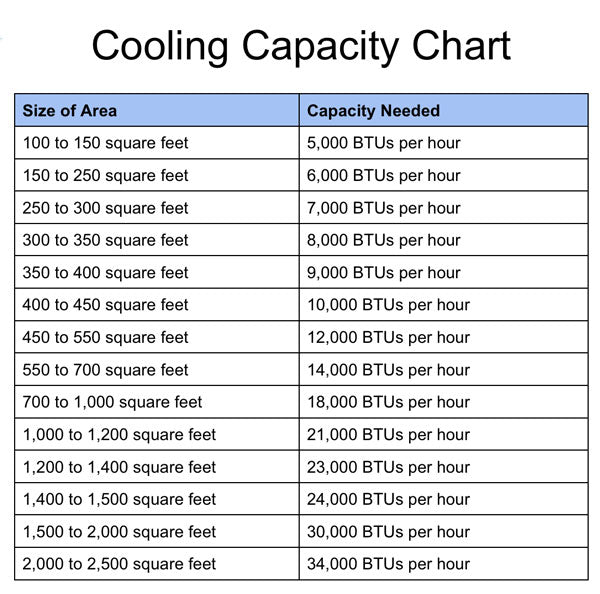How a Chiller AC System Works: A Comprehensive Guide
Curious about how a chiller AC system works? Look no further! This comprehensive guide breaks down the process step-by-step.

Are you ready to chill out with some cool knowledge? Look no further, because we've got the ultimate guide on chiller systems! From the fundamentals of refrigeration to the nitty-gritty components that make up these systems, we'll take you on an exciting journey through the ins and outs of chiller AC. Whether you're a homeowner looking to upgrade your cooling game or a seasoned HVAC professional, this guide will provide valuable insights and expert knowledge. Get ready to become a chiller AC expert!
What is a chiller AC system?
A chiller AC system is a type of air conditioning system that uses a refrigeration cycle to cool water, which is then circulated through a building to provide cooling. Unlike traditional air conditioning systems that use air to transfer heat, chiller systems use water as the heat transfer medium. Chiller systems are commonly used in large commercial and industrial buildings, but can also be found in some residential applications.
How does a chiller AC system work?
A chiller AC system works by using a refrigeration cycle to cool water, which is then circulated through a building to provide cooling. The process starts with the chiller unit, which contains a compressor, evaporator, condenser, and expansion valve. The compressor pumps refrigerant gas into the evaporator, where it absorbs heat from the water. The refrigerant gas then moves to the condenser, where it releases the heat to the outside air. The cooled water is then circulated through the building, absorbing heat and providing cooling. The process repeats as needed to maintain the desired temperature.
Types of chillers.
There are mainly two types of chillers ac systems, available, each with its own advantages and disadvantages.
Air-Cooled Chillers:
The most common types include air-cooled chillers, which use air to cool the refrigerant, and water-cooled chillers, which use water to cool the refrigerant.
Absorption Chillers,
Absorption chillers use a heat source to drive the refrigeration cycle, and centrifugal chillers, which use a rotating impeller to compress the refrigerant. The type of chiller that is best for a particular application depends on factors such as the size of the building, the cooling load, and the available resources for cooling.
Components of a chiller AC system.
A chiller AC system consists of several key components that work together to provide cooling. These components include a compressor, condenser, evaporator, expansion valve, and refrigerant. The compressor is responsible for compressing the refrigerant, which increases its temperature and pressure. The condenser then removes heat from the refrigerant, causing it to condense into a liquid. The liquid refrigerant then flows through the expansion valve, which reduces its pressure and causes it to evaporate into a gas. The evaporator absorbs heat from the surrounding air or water, cooling it down. Finally, the refrigerant returns to the compressor to start the cycle over again.
Benefits of using a chiller AC system.
There are several benefits to using a chiller AC system. First and foremost, they are highly efficient and can provide cooling for large spaces. They are also very reliable and require minimal maintenance. Additionally, chiller AC systems can be customized to meet the specific needs of a building or facility, making them a versatile option for cooling. Finally, chiller AC systems are environmentally friendly, as they use refrigerants that have a low impact on the ozone layer.
Few words from HVACSouq
Welcome to HVACSouq.com's blog, where we delve into the world of air conditioning with expert insights, innovative solutions, and unparalleled knowledge. Our mission is to keep you cool and comfortable, as we explore the latest trends and technologies that revolutionize the way we experience indoor comfort. So join us, as we turn the temperature down and the inspiration up – only at HVACSouq.com!










